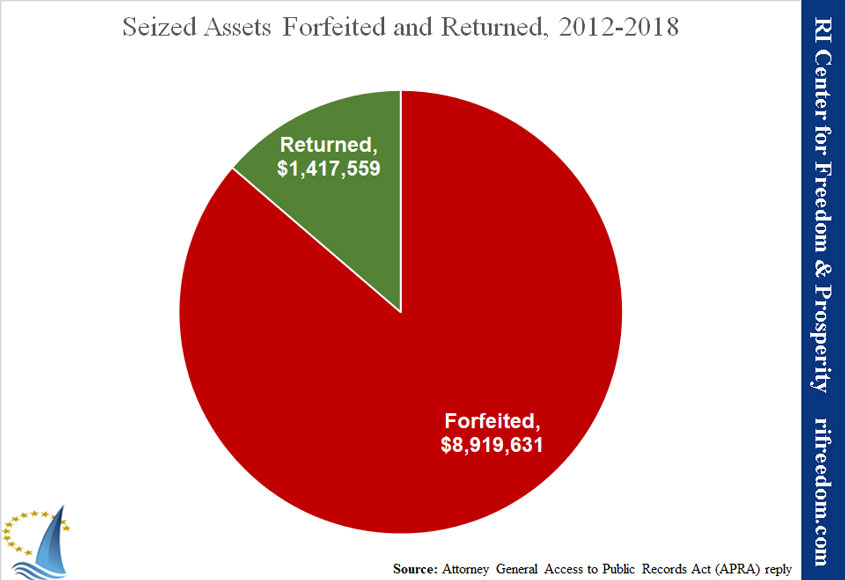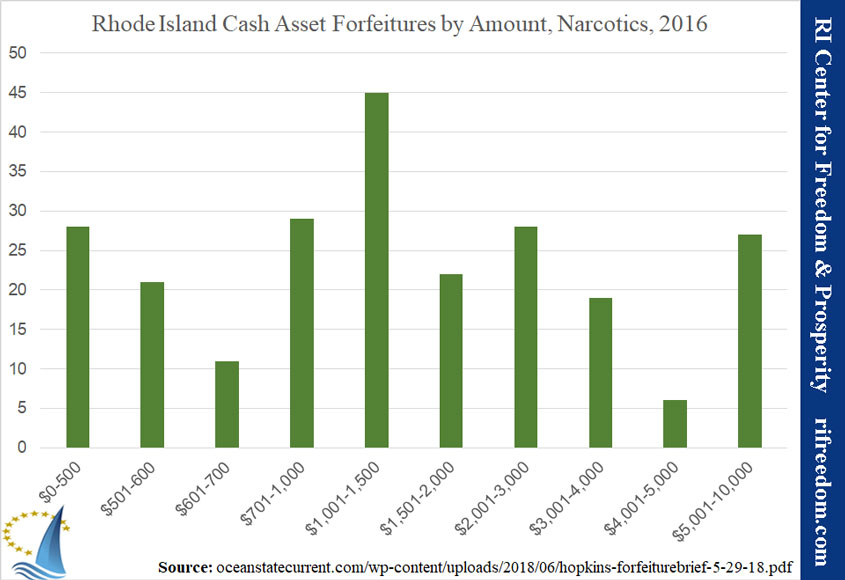“Equal Pay”: From the Radical to the Uselessly Disruptive
Fortuitously, the Providence Journal ran an op-ed by me explaining how insanely radical proposed equal pay legislation actually is:
This legislation must, therefore, be about something other than simple fairness in the workplace. Sure enough, the biggest piece making this legislation so radical is its broad scope — going well beyond the battle of the sexes. Indeed, the “equal pay” umbrella extends to the categories of “race or color, religion, sex, sexual orientation, gender identity or expression, disability, age, or country of ancestral origin,” covering all “comparable work, when viewed as a composite of skill, effort, and responsibility, and performed under similar working conditions.”
Plainly put, this gives the government power to investigate just about any business and dictate changes to its pay policies, because the only pay differences that wouldn’t have legal risks would be those between people of the same race, religion, sex, orientation, gender identity, disability, age, and nationality. For any two employees who aren’t more or less demographically identical, the lower-paid one could initiate a complaint with the state with the same weight as complaints that the employer withheld pay. The law explicitly puts the burden on the employer to explain it and to prove that no other business practice could erase the difference, even if it’s innocent.
Today, the Rhode Island House will consider an amended version of the bill that gives reason to think that some legislators are not quite as crazy as the original bill would require them to be. House 7427A limits the scope of the bill to race and gender, exempts companies under 18 employees, and reduces employers’ liability in a variety of ways.
The question now is why the legislature is passing anything at all. Existing law already covers such things, so all this bill will do is create some new regulatory burdens with unproven legal language that may have unintended consequences.
The only explanation is political: that politicians want to be able to say they did something, even if they did nothing good in practical reality. This gives momentum to the people who are manipulating the cultural narrative while tangling up Rhode Islanders who are doing their best just to support their families and move our society forward.


